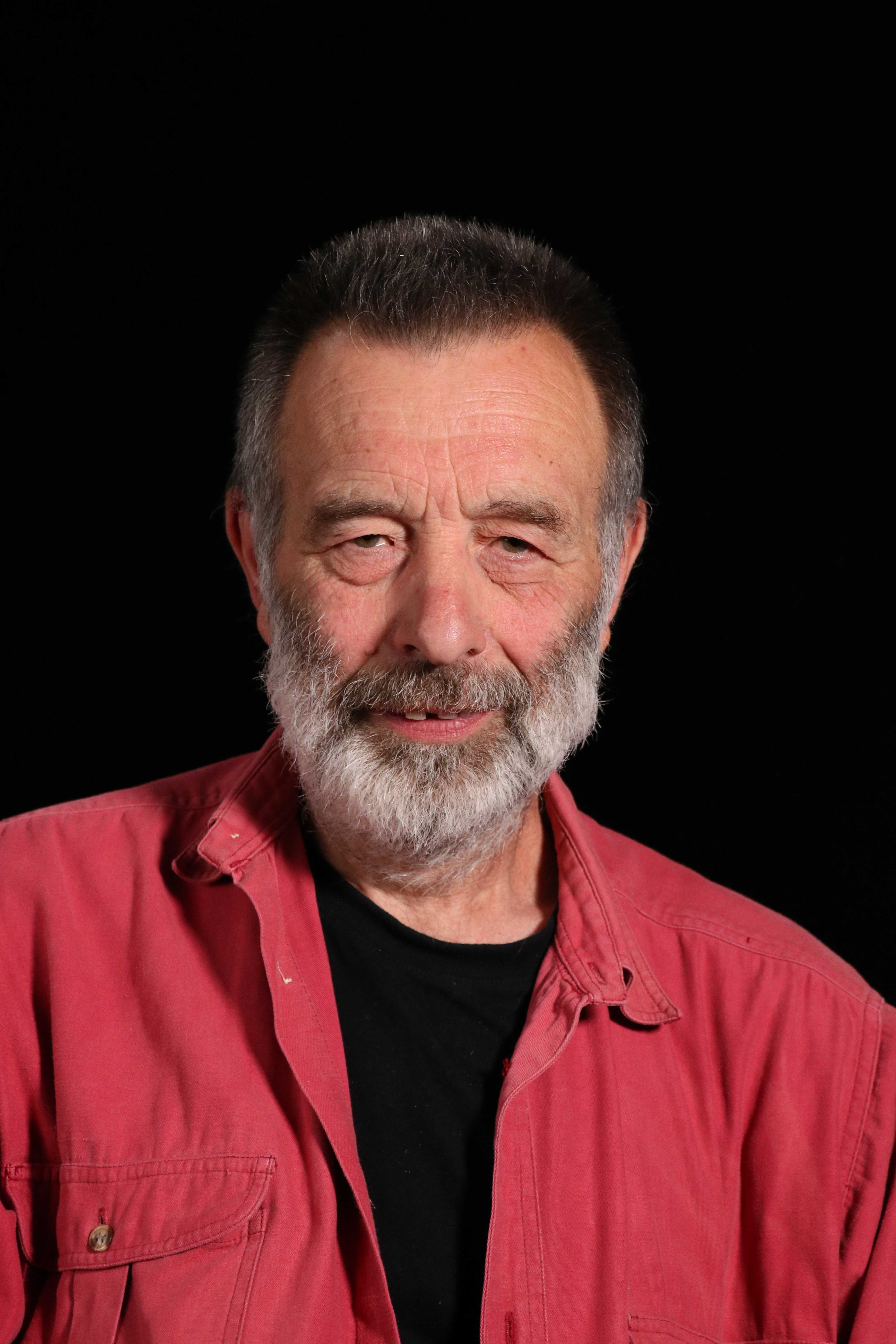The hardest hit was when I realized that I wasn‘t really Jewish

Stáhnout obrázek
Zdeněk Skála was born on December 11, 1953 in Prague. He comes from a Czech-Jewish family. He considers both identities important to him, but due to his turbulent history, he particularly reflects on his Jewishness. His father Josef Skála was a Zionist and emigrated to Palestine with his father Bruno and stepmother Hedvika before the war. He then went to a foreign army, fought at Tobruk and Dunkirk. The witness‘s father considered emigrating again in 1948, but Czech patriotism prevailed and he and his parents remained in Czechoslovakia. Zdeněk Skála graduated from grammar school and then from the Faculty of Civil Engineering at CTU. He worked as a designer all his life. From a young age he was involved in the Prague Jewish community, after the revolution he participated in the repair of some Jewish monuments. In 1989, he helped establish the Civic Forum in Prague‘s Suchdol, where he also served as a representative for many years. Together with his wife Adriana, they help out at the non-profit organisation Cesta Domů (“Way Home”). In 2020, Zdeněk Skála still lived in Prague-Suchdol.

